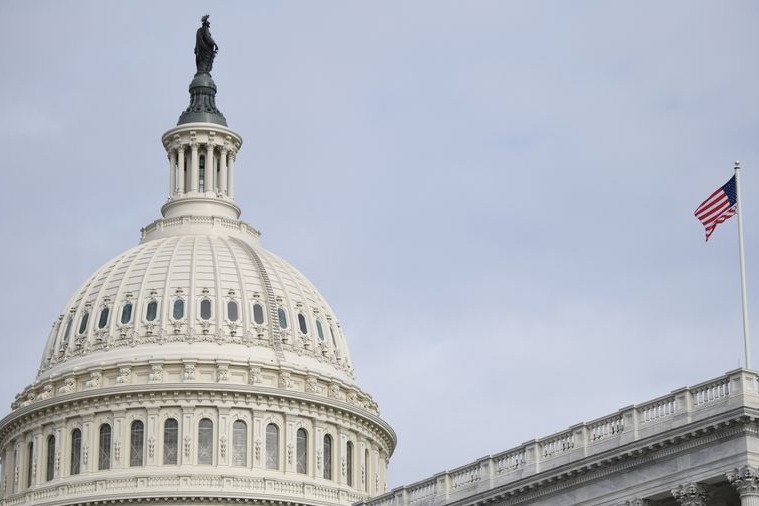Moving forward side by side


Shared efforts and commitment are the secret behind the sustained and mutually beneficial partnership between New Zealand and China
The New Zealand-China relationship has come a long way since it was officially established in 1972.Despite their different languages, cultures, forms of government, and legal and regulatory systems, the two countries have managed to build a comprehensive strategic partnership. Beginning with a narrow political base, they have pioneered a series of historic "firsts": New Zealand becoming the first developed country to support China's accession to the World Trade Organization, to recognize China's full market economy status, to open talks on free trade and to sign a Free Trade Agreement with China. The ground-breaking FTA is seen in New Zealand as a significant win-win achievement that has enabled itself to partner with an emerging economic powerhouse and to set a blueprint for future FTA negotiations and implementations. The complementary nature of the two economies' trading relations has been further exemplified by their recent decision to upgrade their 2008 FTA pact.
New Zealand and China take pride in the fact that their bilateral trade has recorded a steady and impressive growth from NZ$7 million ($4.5 million) in the early days of diplomatic ties to NZ$37.7 billion in 2021 and another surge of 13.3 percent in the first three quarters of 2022. At the same time, they are also candid about the fact that they do not always see the world the same way, or see eye-to-eye on every issue of principle.
Yet they have overtly committed themselves to not letting their differences define their bilateral relationship. This shared commitment is best upheld by the historic "firsts", which sprang more from interest-based dialogues, assessments, and negotiations than "like-minded "positions. The commitment is further evidenced in their joint efforts to pursue a frank, pragmatic and constructive approach to executing the comprehensive strategic partnership launched in 2014.
To better its ability to act independently and respond quickly, the New Zealand government set up the New Zealand China Council in 2012 as part of its NZ Inc China Strategy. The Council has since been mandated to improve public understanding and provide a factual base for building strength and resilience into New Zealand's relationship with China. In executing its mandate, the council pays great attention to Maori businesses' interactions with their Chinese counterparts. One obvious reason is that Maori business engagement in international trade plays an indispensable role in New Zealand's economic growth and collective well-being. Equally important is that the Maori edge is expected to also help set New Zealand apart in a crowded global marketplace. This is perhaps already happening in its dealings with China which are often portrayed as between the Maori taniwha and the Chinese dragon. The two legendary creatures are used in this context as symbols of both the strength of the two cultures and their ability to adapt to changing conditions and to survive in uncertain environments.
New Zealand and China understand that their sustained economic relationship is also underpinned by their involvement in a shared larger community, the Asia-Pacific region. Both countries have open and dynamic economies, strong regional connections and an awareness that guaranteed market access is fundamental to their economic strategies and provides ways of working together to maximize opportunities and manage risks. In that regard, New Zealand and China are explicit about their resolve to continue their collaborative participation in the Asia-Pacific Economic Cooperation and the Regional Comprehensive Economic Partnership. China is also candid about carrying forward its efforts to join the Comprehensive and Progressive Agreement for Trans-Pacific Partnership and the Digital Economy Partnership Agreement. The two trade pacts are acknowledged as being among the leading new additions to the regional integration architecture, and New Zealand is also credited for being a founding member of both and a major driving force behind their progress.
New Zealand and China also remain committed to working together to develop a win-win partnership on the Belt and Road Initiative. Following its decades-long innovative pattern and policy of engagement with China, New Zealand was again the first Western developed country to both sign the Memorandum of Arrangement on cooperation under the Belt and Road Initiative framework and to become a Prospective Founding Member of the Asian Infrastructure Investment Bank. New Zealand's decision to join the initiative reflects its many cooperation agreements already signed with China and signals its willingness to seek more platforms to present its own bilateral and regional interests.
The Belt and Road Initiative remains an evolving concept and development strategy that opens doors for New Zealand to add value to the initiative and would also serve its own national interests. That the Belt and Road Initiative focuses on improving both the infrastructure "hardware" and the regulatory "software" inspires New Zealand to push for advancing regulatory cooperation with China. The potential in this area is also great as China has responded positively to New Zealand offering its regulatory expertise for implementing the initiative. When China carried out its judicial reform in the early 2000s, New Zealand's law-related agencies all received Chinese officials on study visits. The two countries are thus not new to regulatory cooperation.
Additionally, a growing number of the South Pacific Island countries are interested in collaborating with China on "blue economic passages". This adds a regional dimension to the Belt and Road engagement of New Zealand, which is a long-established donor in the South Pacific and has close economic, political and community links to many of the islands. Some widely shared suggestions stress that following the logic of working proactively with China on matters concerning its interests, New Zealand should seek to promote increased trilateral dialogues between itself, China, and the South Pacific. Their improved understanding and enhanced coordination will help ensure Belt and Road projects will be consistent with regional priorities and principles.
Echoing this opinion, China also acknowledges that New Zealand's extensive knowledge about the region's need for development assistance will benefit the Belt and Road Initiative with ideas, creativity and energy. Reassuringly, the two countries are frank about their readiness to continue their in-depth exchanges and active engagement in the regional architecture so as to work more effectively for prosperity and stability in the South Pacific.
The author is a research fellow of New Zealand Asia Institute at the University of Auckland and visiting senior fellow of the Institute for Global Cooperation and Understanding at Peking University. The author contributed this article to China Watch, a think tank powered by China Daily. The views do not necessarily reflect those of China Daily.
Contact the editor at editor@chinawatch.cn


































